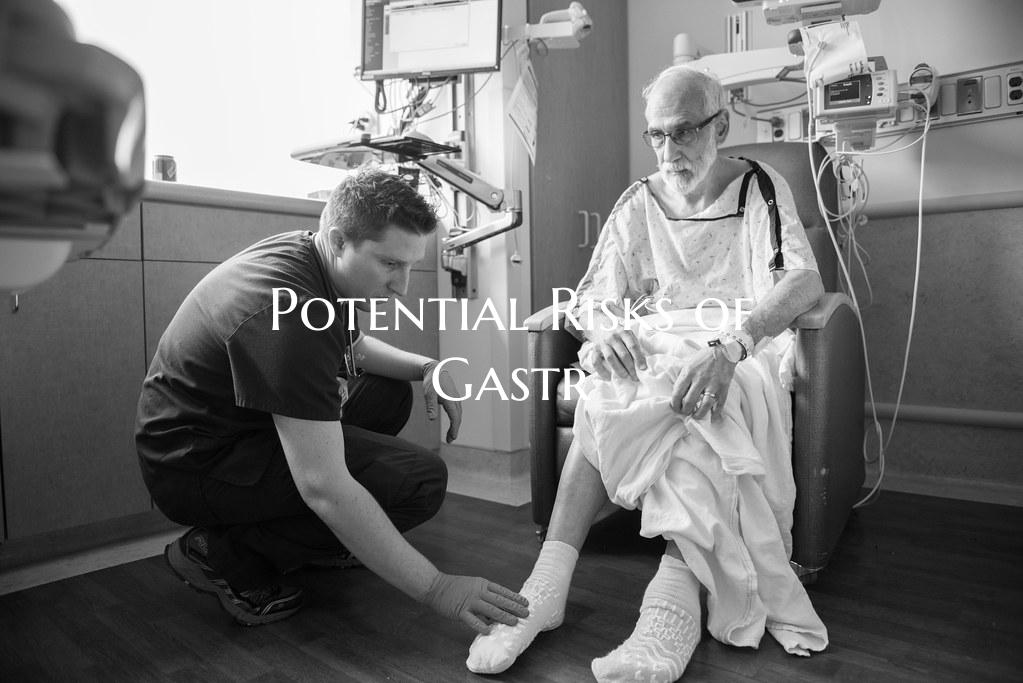
Potential Risks of Gastr
Gastric bypass surgery, also known as bariatric surgery, is a popular option for individuals struggling with obesity looking to achieve significant weight loss. While the procedure can lead to successful outcomes and improve overall health, it is essential to be aware of the potential risks associated with gastric bypass surgery. Understanding these risks can help individuals make informed decisions and adequately prepare for the surgery and post-operative care.
1. Surgical Risks: As with any surgical procedure, gastric bypass surgery carries inherent risks, including bleeding, infection, and adverse reactions to anesthesia. These risks can vary based on the individual's overall health and the surgeon's expertise.
2. Nutritional Deficiencies: Altering the digestive system's anatomy can impact the body's ability to absorb essential nutrients, leading to deficiencies in vitamins and minerals such as vitamin B12, iron, calcium, and others. Patients may require lifelong supplementation and regular monitoring to prevent nutritional deficiencies.
3. Dumping Syndrome: Following gastric bypass surgery, some individuals may experience dumping syndrome, a condition characterized by rapid gastric emptying, leading to symptoms such as abdominal cramps, nausea, sweating, and diarrhea after consuming sugary or high-fat foods. Adhering to a balanced diet and eating small amounts at a time can help manage dumping syndrome.
4. Gallstones: Rapid weight loss after gastric bypass surgery can increase the risk of developing gallstones. Patients may need to undergo additional procedures to address gallstone-related complications.
5. Ulcers and Hernias: Gastric bypass surgery can predispose individuals to developing ulcers in the stomach or small intestine, as well as incisional hernias at the surgical site. These complications may require further medical intervention or surgical correction.
6. Psychological and Emotional Challenges: Significant weight loss following gastric bypass surgery can trigger psychological and emotional challenges, such as body image issues, depression, and changes in relationships. Patients may benefit from ongoing counseling and support to navigate these changes effectively.
7. Risk of Weight Regain: While gastric bypass surgery can result in substantial weight loss, some individuals may experience weight regain over time. Maintaining a healthy lifestyle, including regular exercise and mindful eating habits, is crucial for long-term weight management success.
8. Long-Term Health Monitoring: Patients who undergo gastric bypass surgery require long-term monitoring and follow-up care to assess their progress, manage potential complications, and ensure overall well-being. Regular check-ups with healthcare providers are essential to address any emerging issues promptly.
In conclusion, while gastric bypass surgery offers significant benefits for individuals struggling with obesity, it is essential to understand and be prepared for the potential risks and complications associated with the procedure. By working closely with healthcare providers, nutritionists, and support groups, patients can navigate these risks effectively and achieve successful long-term weight loss outcomes.